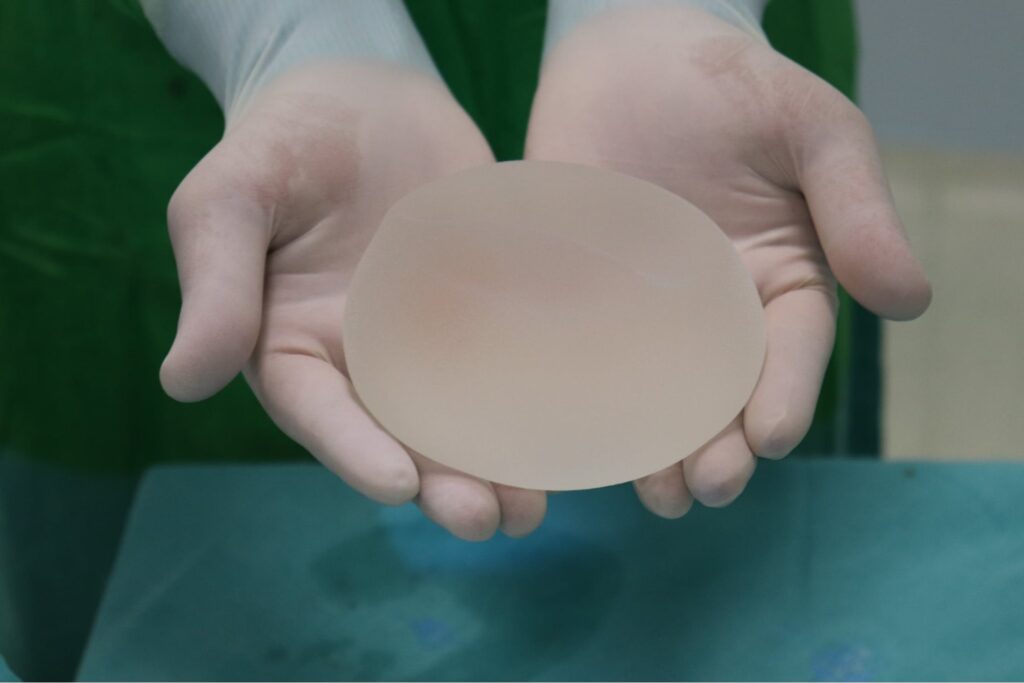An integral part of your mental and physical well-being is loving your body. A positive body image can boost your self-esteem and confidence. Gone are the days when women were forced to look a certain way or pressured into adopting a size-zero body. Nowadays, women are encouraged to look the way that makes them happy. Women may find positivity in their natural bodies or may want to change their bodies surgically.
Cosmetic surgery is an increasingly popular procedure to enhance your body’s features. Surgeries like rhinoplasty, botox, butt lifts, and breast augmentation are quite common. Over the years, several women have chosen breast augmentation despite knowing the risks and complications. Surprisingly, women undergoing surgery have also reported feeling more positive about their bodies.
It takes a lot of courage to sit for surgery, and if you’ve finally decided to opt for breast augmentation, you’ll need a few tips to help you prepare for it.
Take preoperative measures
Table of Contents
Breast augmentation is a major surgery that requires a series of initial tests. You’ll have to take blood tests, urine tests, an ECG, and an overall physical examination approximately 3-6 weeks before the surgery.
Most importantly, you’ll also have to take a mammogram before the surgery to ensure clear breast tissue. You’ll also be asked to stop taking some medications like ibuprofen or aspirin that may create complications post-surgery. For a successful surgery, you must follow the surgeon’s instructions religiously.
In case you’ve had biopolymers injections before as breast fillers, your surgeon will ask you to have them removed. If you want them removed, you can contact HDESTHETIQUE, where Dr. Antun offers specialized services in removing bipolymer injections.
Focus on a healthy body
There are more chances of a successful surgery on a healthy body. Not only will your body be able to endure the operative procedure, but it will also heal quicker afterward. Maintaining an ideal weight for the operation is imperative because obesity can pose risks during surgery. It would be best if you focused on a healthy diet consisting of green vegetables, fresh fruits, protein, and plenty of water.
Moreover, regular exercise will keep your body fit and active. Your doctor will restrict you from working out after the surgery, and you’ll mostly be on bed rest, so ensure your body is in perfect shape before the procedure. You’ll also need to rest properly and save energy for the big day.
If you’re a smoker or an alcoholic, you’ll have to cut down on cigarettes, especially alcohol, because it acts as a blood thinner.
Value your mental health
Opting for breast augmentation is a life-changing decision. You’ll undoubtedly feel overwhelmed sometimes, but you must acknowledge your emotions and be proactive. Make sure you’ve chosen the surgery solely for yourself rather than giving in to any pressure.
Next, you’d want to ensure you can financially afford the surgery without burdening your budget. Cosmetic surgery is expensive, and so are the medications that come with it. With time off from work, you must ensure you’ve planned out your monthly expenses.
You should anticipate the scarring and swelling, but it’s also important to know the risks and complications that are not always but generally associated with the surgery. Although not common, you might suffer from breast pain or an infection that could cause you to have another surgery to replace the implants or remove them.
You’re likely to experience an emotional roller coaster ride throughout the process. Because of the swelling and scarring, you might feel stressed and anxious and even regret the decision post-op. Nevertheless, it’s important to understand that your emotions will be temporary, and you’ll begin to feel better with time.
Prepare for post-surgery
The recovery phase can sometimes be harder than the surgical procedure because you might feel overwhelmed physically and mentally. Often surgeons ask their patients, ‘Who’ll take care of you after the surgery?’. It’s an important question because you’ll be on bed rest immediately after the surgery and need someone to look after you. Talk to a friend or family member who’d be comfortable staying with you for a week, helping you with meals, and taking you to your post-op appointments.
Apart from that, you’ll also need to ensure you’re stocked up on all the essentials, like groceries, snacks, medications, and toiletries because you wouldn’t want to run errands after surgery. Also, don’t forget to find household help for a few weeks to help you with the cleaning and laundry around the house.
Talk to your surgeon.
Make your surgeon your friend. Breast augmentation will change not only your body but also your lifestyle. So it’s important to make an informed decision: your surgeon can help you with that! Since there is no perfect breast size, you must sit with your surgeon and tell them what size and shape you think would look good on you.
If you’ve any fears related to the surgery or post-op recovery, consult your surgeon, who will walk you through each step. You can book regular consultation sessions with your doctor if needed. Remember, the more you let out your fears, the more confident you’ll feel moving forward with the procedure.
You’re recommended to let your surgeon in on any future plans that might be affected by your surgery. For instance, if you’re planning to get pregnant, you might want to wait 4-5 months to let your augmented breasts settle in.
Conclusion
Breast augmentation should be a personal and carefully thought-out decision. Before the surgery, you should follow a few tips so that you’re fully prepared for the big day. You must maintain a healthy body before the surgery to improve your chances for a smooth surgery. Although the operation and post-op period can be nerve-wracking, you should acknowledge your feelings and seek help whenever needed.
Moreover, prepare stuff you’re likely to use or need during recovery and request a friend or family member to agree to help you out for a few days until you’re able to manage to move around freely. Lastly, you must keep your surgeon in the loop throughout the process. Your doctor will provide a list of things you should do, which includes taking different tests and stopping any medications you might be taking.

